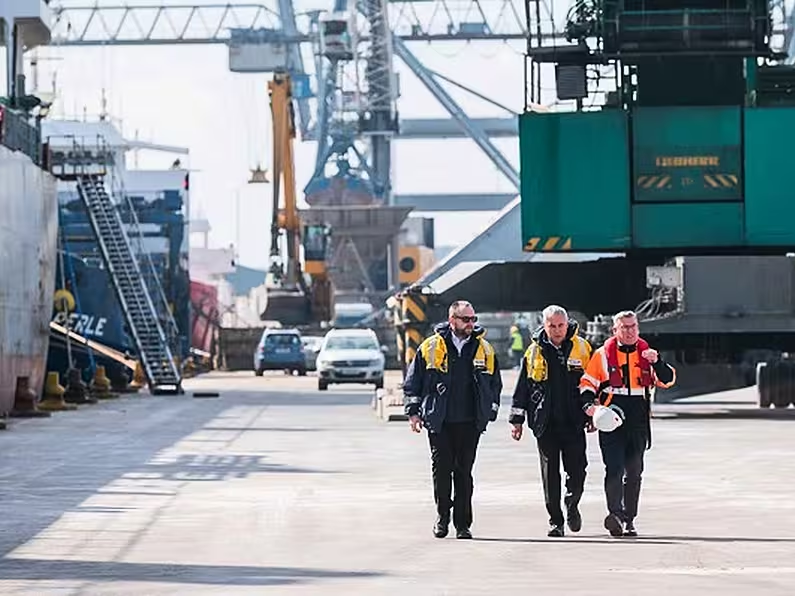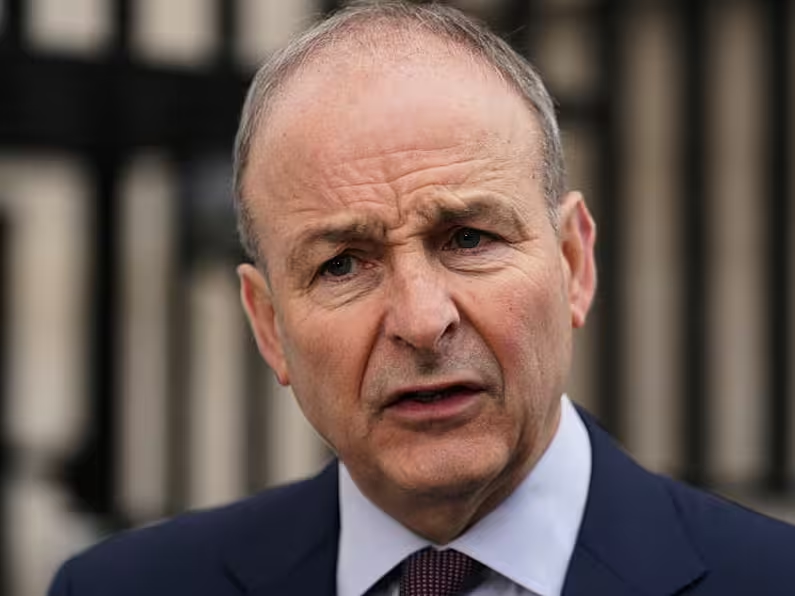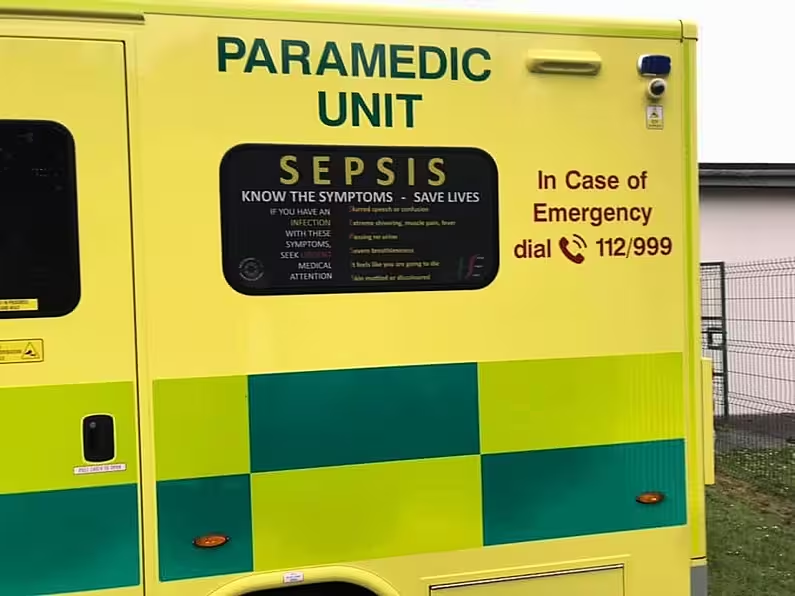Port of Waterford is beginning a public consultation process seeking inputs from all stakeholders on a proposed masterplan setting out how the port could develop over the 25-year period to 2044.
The company’s draft masterplan outlines various demand scenarios that will determine capacity requirements at the port. The intention is that the masterplan will provide a framework for development and position the port to respond to emerging trends and opportunities.
The first consultation sessions will be held on the 4th floor of the Marine Point office development in Belview, Co Kilkenny at 11:00 and 14:30 on Wednesday, 26 June. A further session will be held in the Passage East/Cheekpoint area of Co Waterford on 18 July with the time and venue to be posted on the port’s website once confirmed.
Commenting on the draft masterplan, Des Whelan, Chairman, Port of Waterford, said: “As a key enabler of economic activity in the region, it’s important that we take a medium- to long-term view of how the port can develop. This will set us up for success and – at a practical level – allow us proceed with more detailed planning on the type of infrastructure developments that we may want to advance in order to cater for future demand. There is a long lead time on marine engineering projects and that makes it all the more important that we plan well in advance.”
Frank Ronan, CEO, Port of Waterford, added: “The masterplan and the process of creating it are a once-in-a-generation opportunity to take stock of where the port is at today and, especially, where our future lies and where we can have the most positive impact for all of our stakeholders.
“I would encourage all interested parties to engage with us in the period through to 31 July so that their inputs can be taken on board in framing the final document. We are very aware in making our masterplan that we operate in a volatile global trading environment with uncertainty around Brexit, U.S. trade policy, responses to the climate emergency and so on. These macro issues only make it all the more important that we have a robust masterplan that takes account of various potential outcomes so that we are not caught on the back-foot and stuck in reactive mode.”












